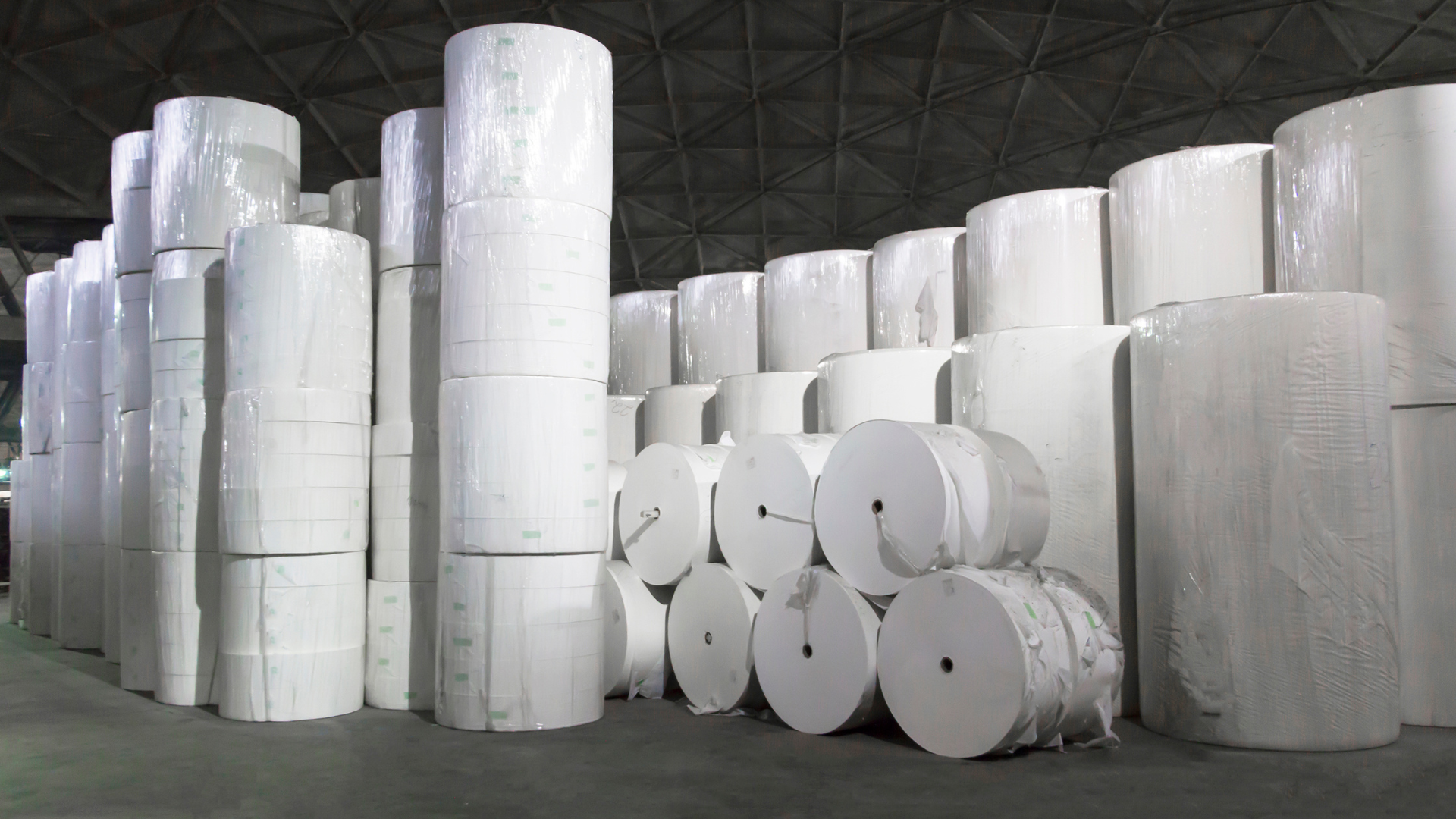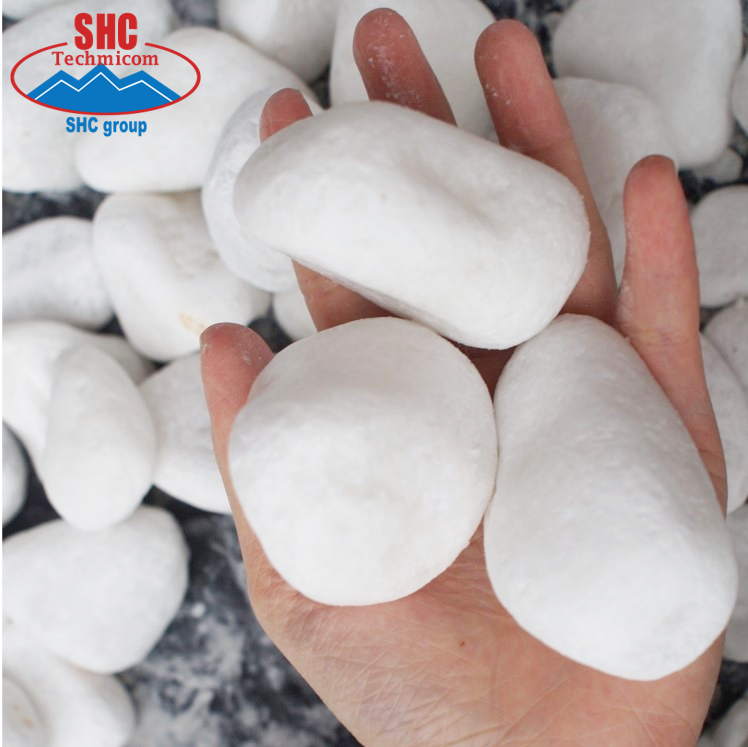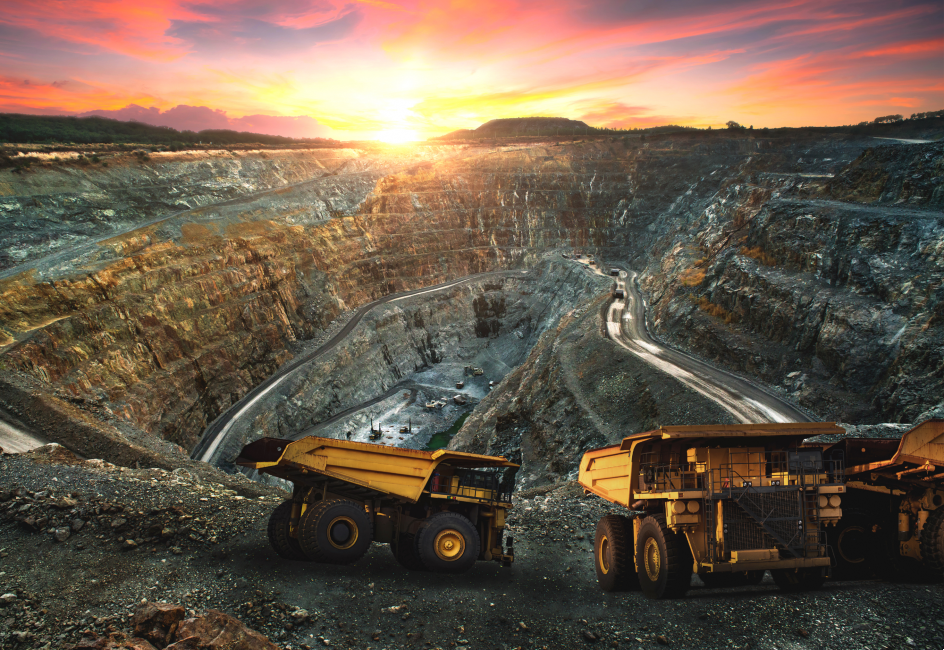Is Basa Fish Healthy? Nutrition, Benefits and Dangers
Basa is a type of white fish native to Southeast Asia.
In the countries that import it, it’s often used as a cheap alternative to cod or haddock due to its similar taste and texture.
However, despite its popularity, it’s been claimed to carry some health risks.
This article reviews the nutrition of basa fish and whether eating it is healthy or risky.

Basa is a type of catfish belonging to the Pangasiidae family. Its formal scientific name is Pangasius bocourti, though it’s often called basa fish or bocourti in the United States.
You may also have heard basa fish referred to as river cobbler, Vietnamese cobbler, pangasius, or swai.
Its flesh has a light, firm texture and a mild fish flavor — similar to cod or haddock. In fact, it’s often sold as boneless fish fillets and used in the same way.
Basa fish are native to the Mekong and Chao Phraya rivers, which run through several countries in Southeast Asia.
Due to its popularity and the high demand for export, it’s also farmed in large numbers in pens surrounding the Mekong River.
One reason Basa is so popular is its cost. It’s cheap to grow and harvest, making it competitively priced, even when exported abroad.
SHC GROUP
Factory: Mam Xoi Mountain, Thanh Son Commune, Kim Bang District, Ha Nam Province, VN
Hotline: +84 931 717 698 / +84 585 678 996
Email: manager.shcgroup@gmail.com / export3@shcgroup.vn
Skype: export3.shcgroup






